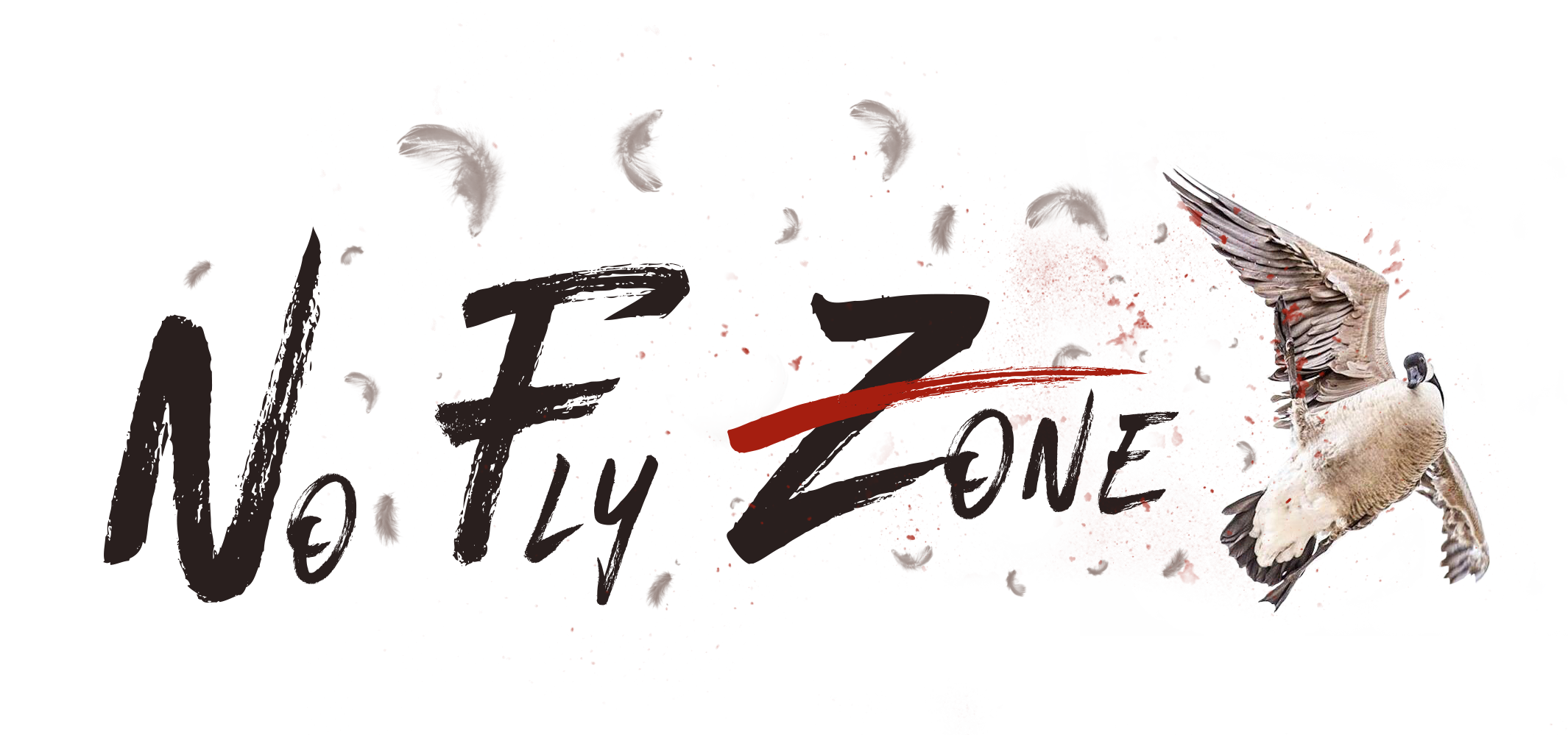No Fly Zone Waterfowl Outfitters - Blog

Preparing for a Saskatchewan Hunting Trip: Packing and Planning Tips
Saskatchewan, with its vast wilderness and abundant wildlife, is a dream destination for hunters seeking thrilling adventures and memorable experiences. Planning a successful hunting trip in this beautiful province requires careful preparation and attention to detail. In this blog, we'll provide you with essential packing and planning tips to ensure your Saskatchewan hunting trip goes smoothly.
1. Research and Select Your Game Species
Start by researching the game species you wish to hunt in Saskatchewan. The province offers opportunities for hunting a variety of species, including white-tailed deer, mule deer, moose, elk, waterfowl, upland birds, and more. Familiarize yourself with the specific hunting seasons, regulations, and bag limits for your chosen game.
2. Obtain the Necessary Licenses and Permits
Before you can embark on your hunting adventure, you must obtain the required licenses and permits. Saskatchewan's hunting regulations are comprehensive, so be sure to check the most up-to-date information on the Saskatchewan Ministry of Environment's website or consult with a local outfitter.
3. Choose Your Accommodations
Consider your lodging options for the duration of your hunting trip. Saskatchewan offers a range of accommodations, including hunting lodges, cabins, hotels, and campgrounds. Depending on your preferences and the location of your hunt, make reservations well in advance to secure your stay.
4. Plan Your Travel
Whether you're driving or flying to Saskatchewan, plan your travel arrangements early. Ensure that your transportation to and from your hunting destination is well-organized, and be mindful of any firearms regulations when traveling by air.
5. Pack Essential Gear
Packing the right gear is crucial for a successful hunting trip. Here's a list of essential items to include:
Firearm or Bow: Your chosen weapon, along with appropriate ammunition or arrows.
Hunting Clothing: Dress in layers suitable for the season and weather conditions. Don't forget waterproof clothing, gloves, and a hat.
Optics: Binoculars, a spotting scope, and a rangefinder to help you spot and identify game from a distance.
Backpack: A sturdy, comfortable backpack for carrying gear, extra clothing, and game.
Hunting Accessories: A hunting knife, game bags, a first-aid kit, a flashlight, and a headlamp.
Hunting Calls and Decoys: If applicable, bring game calls and decoys for attracting game.
Navigation Tools: Topographic maps, a compass, a GPS device, and a smartphone with GPS capabilities.
Safety Equipment: A whistle, a fire-starting kit, a personal locator beacon (PLB), and a satellite phone if hunting in remote areas.
Scent Control Products: Scent-control clothing, sprays, and scent-eliminating detergent to minimize your scent footprint.
License and Tags: Keep these documents in a waterproof container to protect them from the elements.
6. Practice Firearm Safety
If you're hunting with firearms, ensure you follow all safety protocols. Your firearm should be properly maintained, and you should be familiar with its operation and safety features. Always store your firearm safely when not in use and follow firearm transportation regulations.
7. Brush Up on Hunting Ethics
Understanding and adhering to ethical hunting practices is essential. This includes making clean and humane shots to minimize animal suffering, respecting landowners' property and rules, and following all hunting regulations diligently.
8. Study the Terrain and Game Behavior
Before your hunting trip, study the terrain, habitat, and behavior of the game species you're pursuing. This knowledge will help you plan your strategy and increase your chances of success.
9. Plan for Emergencies
Prepare for emergencies by carrying essential first-aid supplies and knowing basic first-aid techniques. Additionally, inform someone you trust about your hunting plans and expected return date, especially if you'll be in remote areas.
10. Respect the Environment
Remember to follow the "Leave No Trace" principles, which include packing out all trash, respecting natural habitats, and minimizing your impact on the environment.
11. Stay Informed About Regulations
Stay informed about the latest hunting regulations, as they can change from year to year. Check for updates before your trip and carry a copy of the regulations with you for reference.
By following these packing and planning tips, you can prepare thoroughly for your Saskatchewan hunting adventure. Whether you're a seasoned hunter or embarking on your first hunting trip, careful preparation ensures a safe, enjoyable, and successful experience in this beautiful province.

Gear up for an amazing hunt!
— John Prosak
Images are Copyright of Joel Bo Jones and No Fly Zone Waterfowl Outfitters
